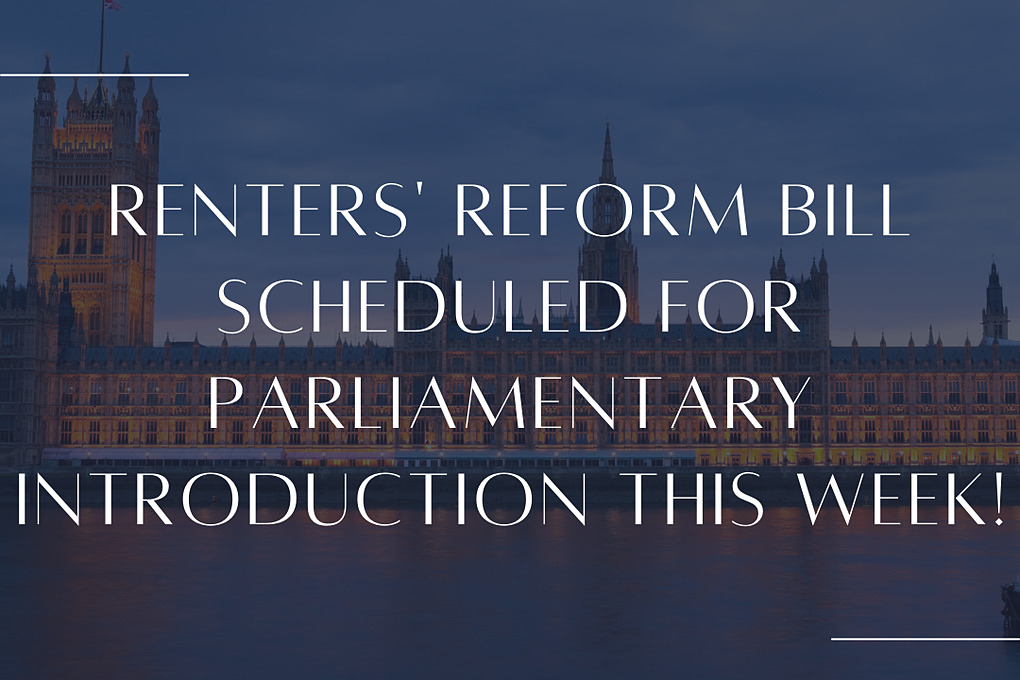The Renters' Reform Bill, which aims to protect renters from unjust rent hikes and prohibit no-fault evictions, will be presented to Parliament this week. The bill is expected to establish minimum housing standards, make it easier for tenants to own pets, and prevent landlords from imposing blanket bans on specific groups of tenants. The bill could take 12 to 18 months to pass through Parliament and become law.
The Renters' Reform Bill, a collection of initiatives designed to enhance the private rental sector and strengthen tenant rights, is set to be unveiled in Parliament this week. The bill is anticipated to introduce minimum standards for all rental properties, facilitate pet ownership for renters, and forbid landlords from imposing across-the-board bans on families with children or individuals receiving benefits.
The government has characterised these measures as the most significant overhaul of the private rental sector in 30 years. However, the timeline for the bill's implementation remains uncertain, as the legislative process could take 12 to 18 months before the bill becomes law.
Renters are currently facing a scarcity of homes in the private rental sector, resulting in higher rents during a time when the cost of living is already a concern.
Although the exact provisions of the bill have not been disclosed, the government has hinted at several of them. The primary goal of the bill is to improve renters' rights and ensure their homes are habitable.
The expected announcements include:
- Banning arbitrary rent review clauses.
- Doubling the notice period for rent increases.
- Strengthening renters' abilities to contest rent hikes if deemed unjustified.
- Extending the Decent Homes Standard to the private rental sector.
- Banning Section 21 'no fault' evictions.
- Transitioning all renters to 'periodic tenancies'.
- Enhancing councils' powers to address rogue landlords.
- Establishing a Private Renters' Ombudsman.
- Allowing renters to request pet ownership.
- Implementing a mandatory landlords' register.
Approximately 4.4 million people rent their homes in the private sector, with one in five living in properties considered unfit, and over half posing risks to renters' health and safety. The government aims to address this imbalance between landlords and tenants and provide renters with increased stability by banning 'no fault' evictions.
While the bill offers renters additional protections, there are concerns that it may lead some landlords to exit the private rental sector. Research by the National Residential Landlords Association revealed that 76% of landlords felt threatened by the bill, and 93% believed it would heighten the financial risk of being a private sector landlord. With rents increasing by 10.9% in the past year to an average of £1,120, additional landlords leaving the sector could further exacerbate rent hikes.
 Like
Like